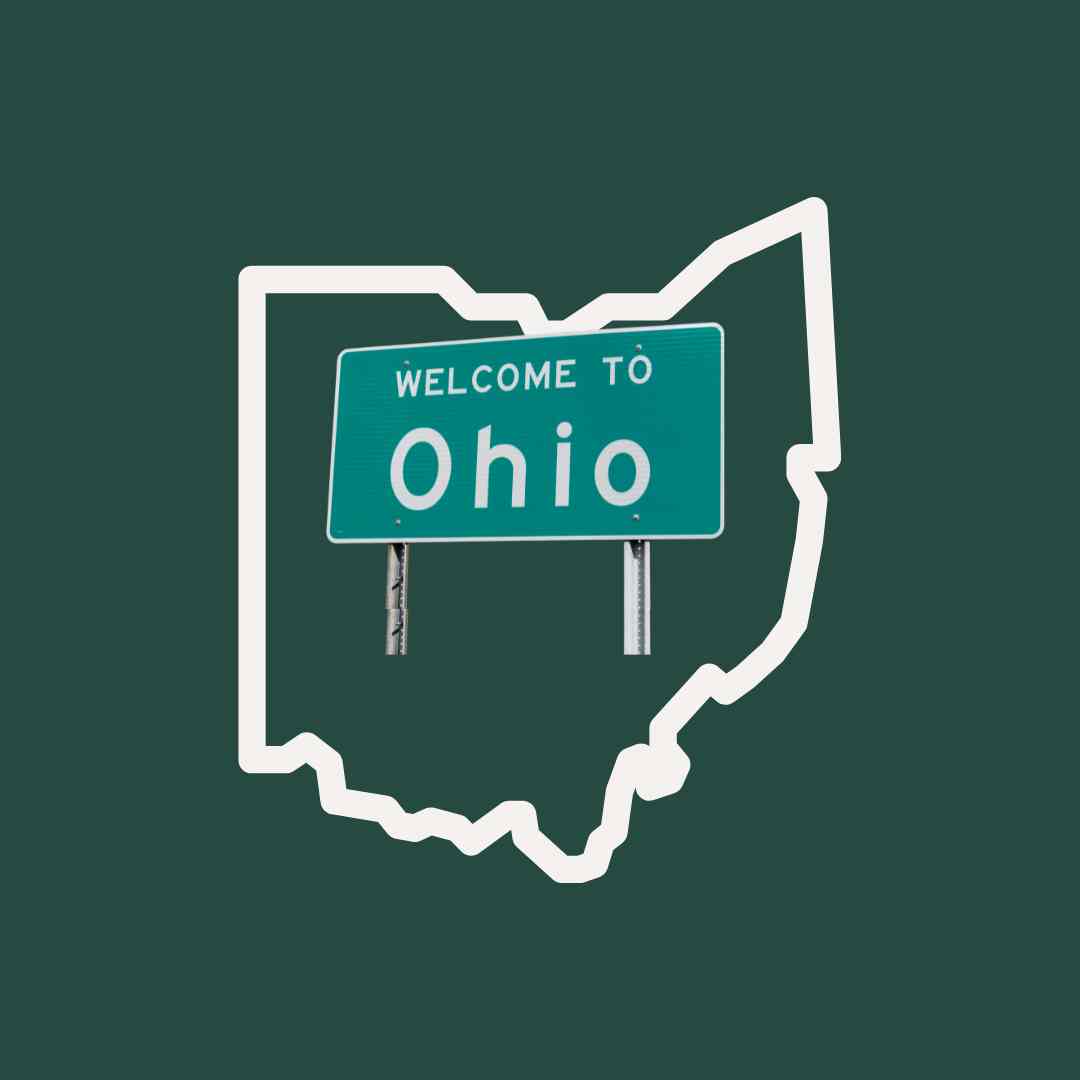In the vibrant business landscape of Ohio, small businesses are the backbone of the economy. Whether you’re running a tech startup in Columbus or a family-owned restaurant in Cleveland, safeguarding your business from unexpected events is crucial for long-term success. Two insurance policies play a vital role in this protection: general liability insurance and workers’ compensation insurance.
Contents
Understanding General Liability Insurance for Ohio Small Businesses
What is General Liability Insurance?
General liability insurance is designed to protect your small business from financial losses due to third-party claims of bodily injury, property damage, personal injury, or advertising injury. It can cover legal costs, settlements, and medical expenses, providing a safety net in case someone sues your business for an accident or injury that occurred on your premises or as a result of your operations.
Why General Liability Insurance Matters for Ohio Small Businesses
- Lawsuit Protection: If a customer slips and falls in your store or a vendor trips over a cable at your office, they could sue your business. General liability insurance can cover the legal defense costs and potential settlement.
- Property Damage Coverage: If your business operations accidentally damage a client’s property, general liability insurance can help pay for repairs or replacement.
- Reputation Management: In the event of a lawsuit, even if you’re ultimately found not liable, the negative publicity can damage your business’s reputation. General liability insurance can help mitigate this risk.
- Contractual Requirements: Many clients and vendors require proof of general liability insurance before doing business with you.
What Does General Liability Insurance Typically Cover in Ohio?
- Bodily Injury: Medical expenses, lost wages, and pain and suffering for individuals injured due to your business activities.
- Property Damage: Repair or replacement costs for property damaged by your business.
- Personal and Advertising Injury: Coverage for claims of libel, slander, copyright infringement, or other reputational harm.
- Legal Defense Costs: Attorney fees, court costs, and other legal expenses incurred in defending a lawsuit.
Navigating Workers’ Compensation Insurance for Ohio Small Businesses
What is Workers’ Compensation Insurance?
Workers’ compensation insurance is a state-mandated insurance program in Ohio that provides benefits to employees who suffer work-related injuries or illnesses. It covers medical expenses, a portion of lost wages, and disability benefits. If an employee dies from a work-related incident, it can also provide death benefits to their dependents.
Why Workers’ Compensation Insurance is Essential for Ohio Small Businesses
- Legal Compliance: In Ohio, nearly all employers with one or more employees are required to carry workers’ compensation insurance. Failure to do so can result in significant fines and penalties.
- Employee Protection: Workers’ compensation insurance ensures that your employees have access to necessary medical care and financial support if they are injured on the job.
- Employer Protection: It protects your business from potential lawsuits filed by injured employees seeking damages beyond what workers’ compensation provides.
- Peace of Mind: Knowing that your employees are protected in the event of a workplace accident can give you and your team peace of mind.
What Does Workers’ Compensation Insurance Typically Cover in Ohio?

- Medical Expenses: All reasonable and necessary medical treatment for work-related injuries or illnesses.
- Lost Wages: A portion of an employee’s lost wages while they are recovering from a work-related injury.
- Disability Benefits: Payments for permanent partial or total disability resulting from a work-related injury.
- Death Benefits: Payments to the dependents of an employee who dies from a work-related injury.
Ohio Small Business Insurance: Finding the Right Coverage
Factors to Consider When Choosing Insurance
- Industry: The specific risks your business faces will depend on your industry. A construction company will have different insurance needs than a retail store.
- Number of Employees: The size of your workforce will influence your workers’ compensation premiums.
- Location: Insurance rates can vary depending on your business location within Ohio.
- Claims History: Your business’s past claims history can affect your insurance premiums.
- Coverage Limits: The amount of coverage you need will depend on the potential risks your business faces.
Where to Get Ohio Small Business Insurance
- Independent Insurance Agents: These agents can help you compare quotes from multiple insurance carriers to find the best coverage and rates for your specific needs.
- Insurance Brokers: Brokers represent multiple insurance carriers and can help you navigate the complexities of choosing the right policies.
- Direct Insurance Carriers: Some insurance companies sell policies directly to businesses online or over the phone.
The Importance of Regular Review
As your business grows and evolves, so do your insurance needs. It’s important to review your general liability and workers’ compensation insurance policies regularly to ensure that you have adequate coverage. Your insurance agent or broker can help you assess your risks and recommend any necessary adjustments to your policies.






